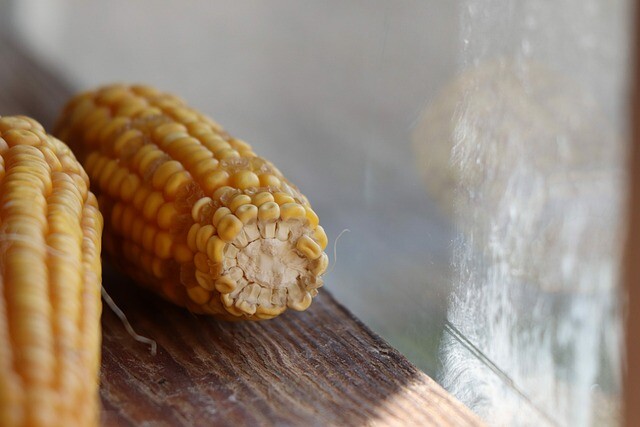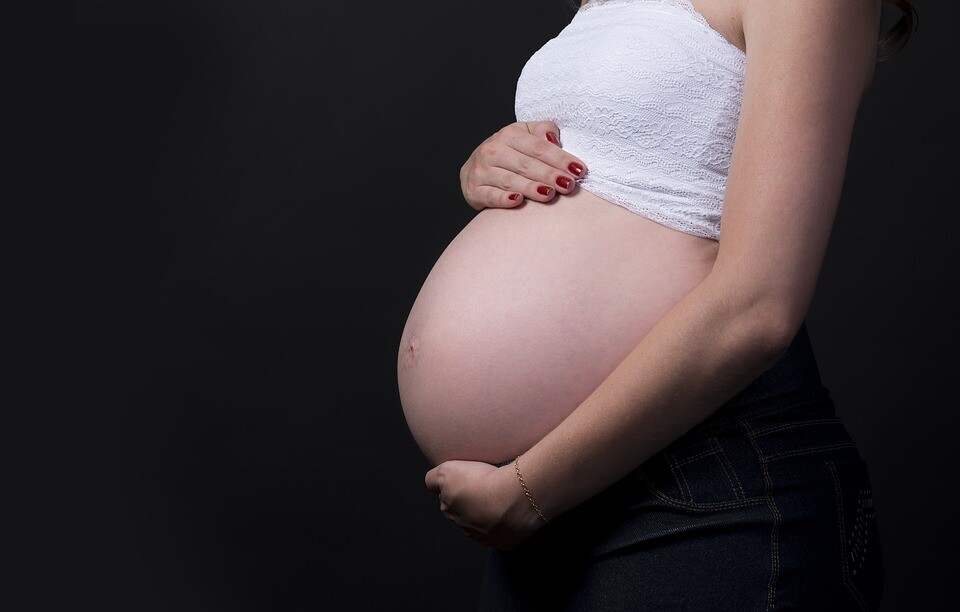Milk protein allergy in infancy can be prevented with breast milk
Breast milk may contribute to milk protein allergy in young children, affecting three percent of children 
According to the report, infants who are breast-fed only have a much lower incidence of milk protein allergy, but if the mother consumes a lot of dairy products, the first symptoms may occur during breast-feeding.
However, it is more typical that allergies occur at the time of introduction of dairy products, he added.
Conscious nutrition can prevent milk allergy
It was emphasized that dairy allergies can be avoided by conscious nutrition: the most important is the long-term exclusive breastfeeding and, in the absence of breast milk, the use of partially hydrolysed formula and the timely introduction of dairy products.
Children can be given sour milk products from the age of 8 months, lean, non-moldy and unripe cheeses a month later, and cottage cheese can be added to the diet at 10 months. However, milk of animal origin is not recommended for children under 1 year of age - they were informed.
The communication states that a milk protein allergy occurs after consuming foods containing milk or milk derivatives because the proteins in the milk are perceived as foreign by the body and give them an abnormal immune response. Milk protein allergy sufferers should not consume cow's milk, sheep's, goat's and buffalo's milk, and cross-allergy to beef.

Milk allergy is most common in infancy
Milk allergies most often occur during infancy, during breastfeeding, may be due to premature introduction of cow's milk, but may also be hereditary and may occur in adulthood.
In case of frequent abdominal pain, upper respiratory tract or eczema symptoms, it is advisable to consult a physician, and after the diagnosis should be made a milk protein-free diet that takes into account the age-specific recommendations. It is worth seeking the help of a gastroenterologist or dietitian - they have suggested it.
It was added that for cow children up to the age of six, cow's milk could be supplemented with a formula prescribed by a physician and supported by social security in the case of a milk protein allergy. Children usually develop milk protein allergy by the age of 5-6 years.
(Source: marmalade.co.uk; hirado.com | Image: pixabay.com)





















